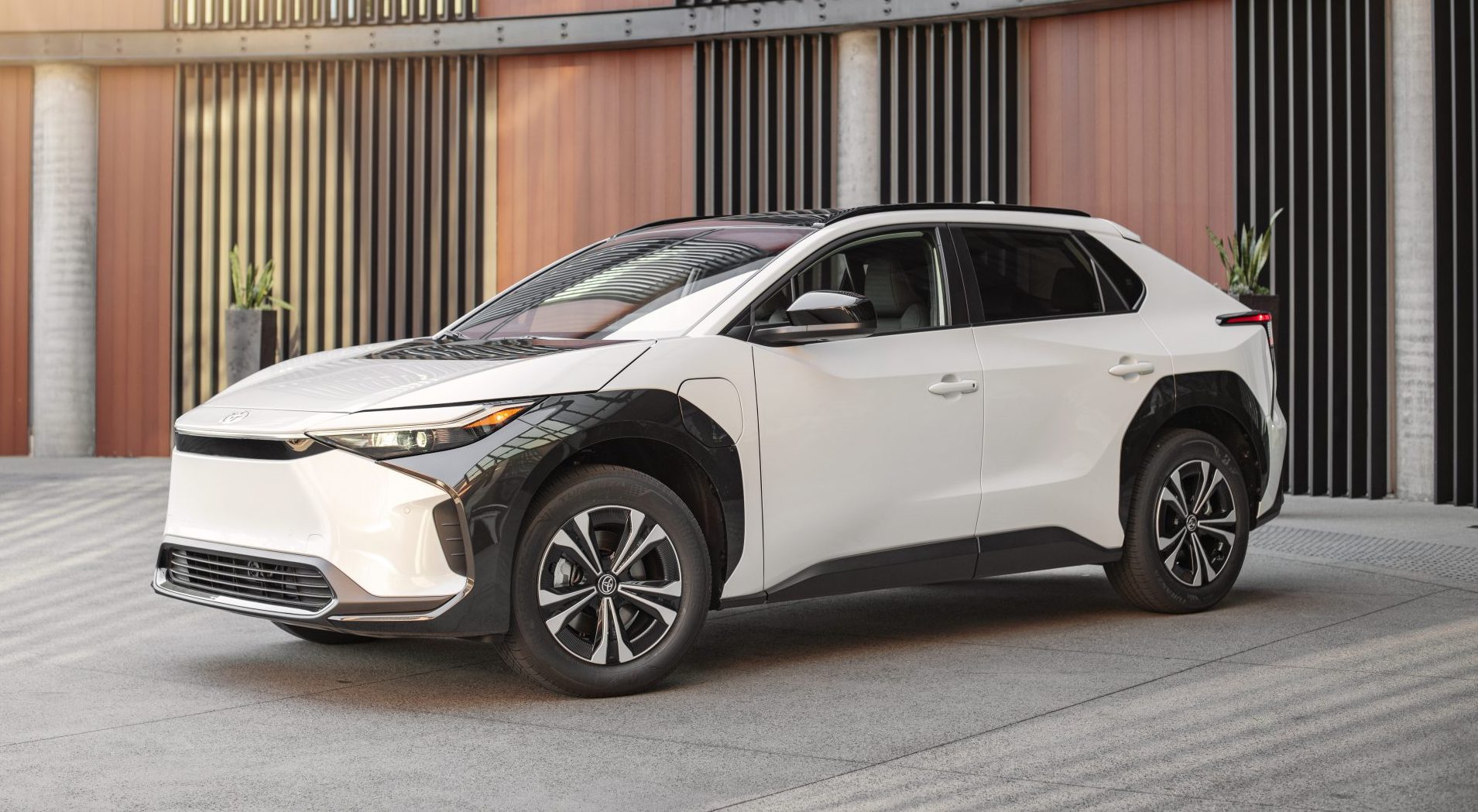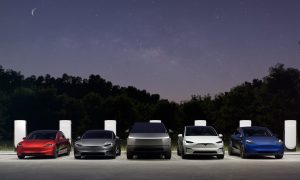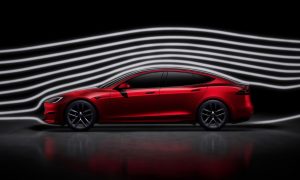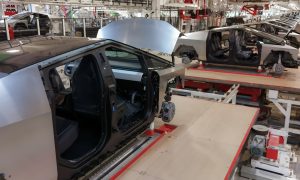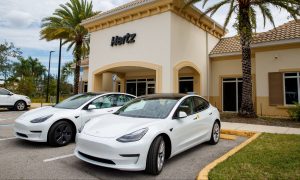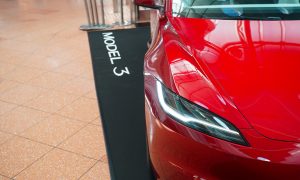Toyota and Hyundai’s electric vehicle ads have been banned by the Advertising Standards Authority (ASA), the UK’s advertising watchdog. The ban was due to Toyota and Hyundai allegedly exaggerating the charging speed of their electric vehicles and misleading consumers about the availability of rapid-charging points across the UK and Ireland.
In Toyota’s case, the Japanese carmaker ran a campaign on its website for its bZ4X all-electric crossover. The website claimed that the bZ4X could be charged to 80% in about 30 minutes using a 150 kW rapid charging system. Toyota also noted that drivers could “easily find rapid-charging points in a number of public locations,” particularly in areas where drivers were “most likely to need them.”
As for Hyundai, the company also ran a similar campaign to promote the Ioniq 5, a well-reviewed all-electric vehicle. The carmaker used its own website, a YouTube video featuring footballers from the Premier League club Chelsea, and a digital billboard in London’s Piccadilly Square to promote its car. The campaign claimed that the Ioniq 5 could be charged from 10% to 80% in 18 minutes using a 350 kW rapid charger.
As noted in a report from The Guardian, the ASA received complaints about the two automakers’ advertising campaigns. The complaints reportedly challenged Toyota and Hyundai’s claimed charging times, which both carmakers admitted were achieved in perfect factory conditions. The automakers’ claims about the availability of rapid charging locations in the UK were also challenged.
Toyota has noted that at the time of its ad campaign, Zap Map, a service that shows EV charging points, did not show the exact locations of 150 kW rapid chargers, though the service did state that there were 419 charging points at 134 locations across the UK. Only seven were listed in Scotland, two were listed in Wales, and none were listed in Northern Ireland.
Hyundai’s Charge My Hyundai website, on the other hand, listed 37 ultra-fast 350 kW charging locations in Great Britain. Only six were listed in Ireland, and “limited numbers” were listed in Wales and Scotland. No locations were listed for Northern Ireland.
Toyota and Hyundai reportedly explained that their advertisements were not misleading, especially since drivers would likely not need rapid charging points on shorter drives. The ASA, however, noted that the advertisements gave consumers the impression that it was “relatively straightforward” to access rapid charging points across the UK. The advertising watchdog also noted that numerous real-world factors affected EVs’ charging times, but these factors were controlled by the carmakers in the tests that the ads were based on.
“If any of those conditions were less than optimal, then charging times would likely take longer,” the ASA noted.
The two carmakers argued that it was pertinent for them to be allowed to promote EV charge times to consumers. Despite this, the ASA opted to ban the automakers’ ad campaigns anyway. “We concluded that because the ads omitted material information about the factors that could significantly affect the advertised charging time and the limitations in relation to availability…the claims had not been substantiated and were misleading,” the ASA said.
Don’t hesitate to contact us with news tips. Just send a message to simon@teslarati.com to give us a heads up.

